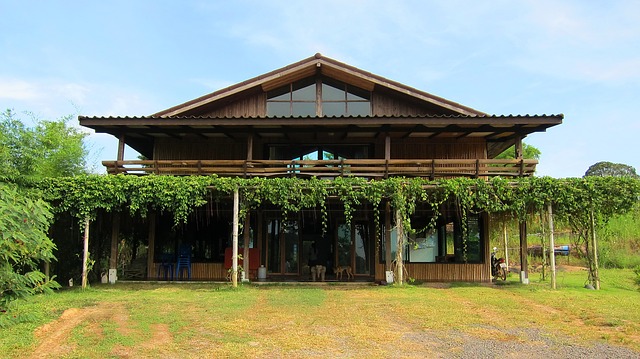Introduction
Foreclosure is a legal process that occurs when a homeowner defaults on their mortgage payments, leading to the lender taking possession of the property. If you are a homeowner in Illinois facing financial difficulties and are concerned about the foreclosure process, it is essential to understand how long it typically takes. In this article, we will explore the timeline and factors that can influence the duration of a foreclosure in Illinois.
Understanding the Foreclosure Process in Illinois
Foreclosure in Illinois is primarily a judicial process, meaning it is handled through the court system. The timeline for foreclosure can vary depending on several factors, including the lender’s actions, the homeowner’s response, and the court’s schedule. Generally, the foreclosure process in Illinois takes around 7 to 9 months from the time the lender files a lawsuit to the property’s sale.
Pre-Foreclosure Period: Before the foreclosure process begins, homeowners in Illinois typically receive a notice of default or a demand letter from the lender. This notice informs them of their missed payments and provides an opportunity to resolve the issue before foreclosure proceedings start. The pre-foreclosure period can last for several months, depending on the lender’s policies and the homeowner’s actions.
Foreclosure Lawsuit: If the homeowner fails to resolve the default during the pre-foreclosure period, the lender will file a foreclosure lawsuit in the circuit court of the county where the property is located. Once the lawsuit is filed, the homeowner will receive a summons and complaint, officially initiating the foreclosure process. The homeowner has 30 days to respond to the lawsuit.
Response Period: During the response period, the homeowner can contest the foreclosure by filing an answer to the complaint. This can extend the timeline of the foreclosure process as the court will need to review the homeowner’s response and potentially hold hearings to determine the validity of the foreclosure.
Judgment and Redemption Period: If the court determines in favor of the lender, a judgment of foreclosure will be entered. The judgment establishes the amount owed and sets a redemption period during which the homeowner can pay off the debt to avoid the property’s sale. The redemption period in Illinois is typically around 7 months, but it can vary depending on the circumstances.
Property Sale: If the homeowner does not redeem the property during the redemption period, the lender will proceed with selling the property at a public auction. The sale is typically conducted by the sheriff or a court-appointed representative. After the sale, the new owner will receive a certificate of sale, and the homeowner will be required to vacate the premises.
Factors Influencing the Foreclosure Timeline
While the timeline mentioned above provides a general overview, it is important to note that several factors can influence the duration of a foreclosure in Illinois. Some of these factors include:
Loan Type: Different types of loans may have varying foreclosure processes. For example, foreclosures on FHA or VA loans may involve additional steps and requirements, potentially prolonging the process.
Homeowner’s Response: The homeowner’s actions during the foreclosure process can affect the timeline. If the homeowner actively engages with the lender, seeks legal advice, or contests the foreclosure, it can extend the overall duration.
Court Schedule: The court’s schedule and caseload can impact the foreclosure timeline. Delays may occur if the court is experiencing a backlog or if there are other legal matters that take precedence.
Conclusion
In conclusion, the foreclosure process in Illinois typically takes around 7 to 9 months from the time the lender files a lawsuit to the property’s sale. However, this timeline can vary depending on factors such as the homeowner’s response, court schedules, and loan type. It is crucial for homeowners facing foreclosure to seek legal advice and understand their rights and options throughout the process.
References
– Illinois Legal Aid Online: www.illinoislegalaid.org
– Illinois General Assembly: www.ilga.gov
– U.S. Department of Housing and Urban Development: www.hud.gov











